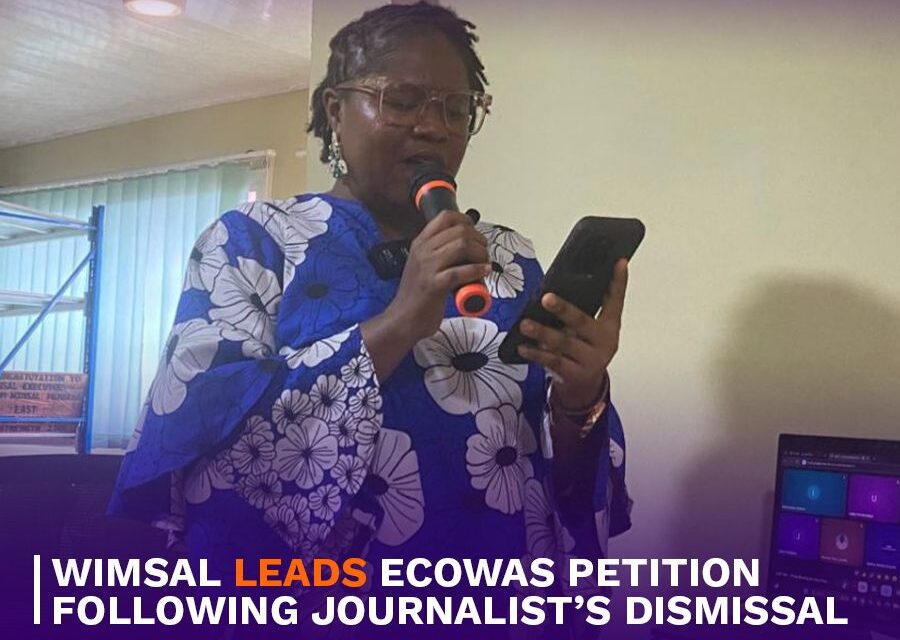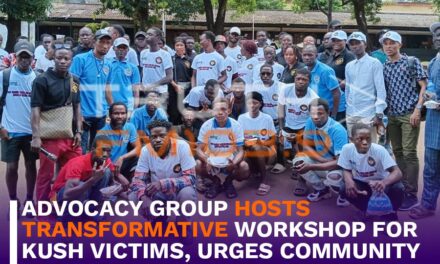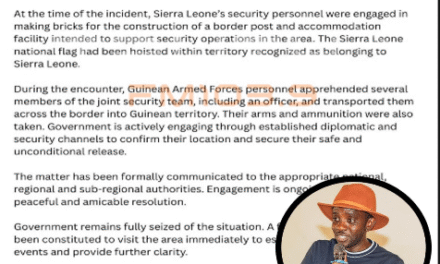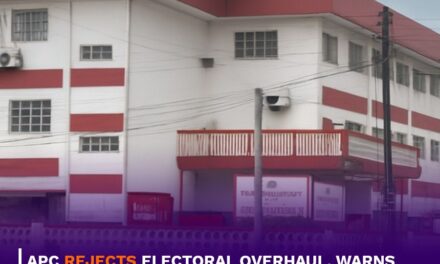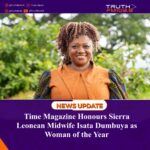By Nafisatu Olayinka Deen
Freetown, September 22nd 2025 — In what it considers a move to confront gender-based discrimination in the media, Women in the Media Sierra Leone (WIMSAL) and Robert F. Kennedy Human Rights have jointly filed a petition to the ECOWAS Community Court of Justice on behalf of Sierra Leonean journalist Umu Thoronka, who they say was unlawfully dismissed from the Sierra Leone Broadcasting Corporation (SLBC).
At a press briefing held at WIMSAL’s headquarters, the organizations alleged that Thoronka’s dismissal on July 26, 2024, was not only retaliatory but the culmination of a disturbing pattern of sexual harassment and institutional abuse within SLBC.
Speaking via Zoom, Thoronka recounted her ordeal: “I was unlawfully dismissed, threatened, and punished for refusing sexual harassment and for exercising my right to free expression after posting a viral video on TikTok. I’m taking this fight to the ECOWAS Court not just for me, but for every woman silenced in the newsroom.”
Her statement was a rallying cry against impunity. “We cannot continue to suffer in silence. We must speak up and resist abuse,” she said, reaffirming her commitment to journalism and truth-telling.
Legal counsel Paul Kamara described the case as a “piercing indictment of institutional betrayal.” He added, “Ms. Thoronka’s experience reflects the erosion of fundamental rights that our Constitution and international law were designed to protect.”
Kamara revealed that following her dismissal, Thoronka faced a wave of threats, via phone calls, direct messages, and even visits to her home, forcing her into hiding. “Her right to life and personal security was grossly imperilled,” he said.
WIMSAL President Eastina Taylor emphasized that the press conference was not just about one case, but about a systemic issue. “This is the reality many women in the media live with every day,” she said.
Ikechukwu Uzoma, representing RFK Human Rights, closed the briefing with a call to action: “The press is a cornerstone of any democratic society. Women play an integral role in ensuring a free, diverse, and representative media. It is incumbent upon the Government of Sierra Leone, SLBC management, and all stakeholders to investigate and redress Ms. Thoronka’s dismissal, ensure her safety, and reform institutional mechanisms to protect women journalists.”
As the petition moves to the ECOWAS Court, the case is poised to test not only Sierra Leone’s commitment to press freedom and gender equity but also the region’s resolve to uphold justice in the face of institutional abuse.
